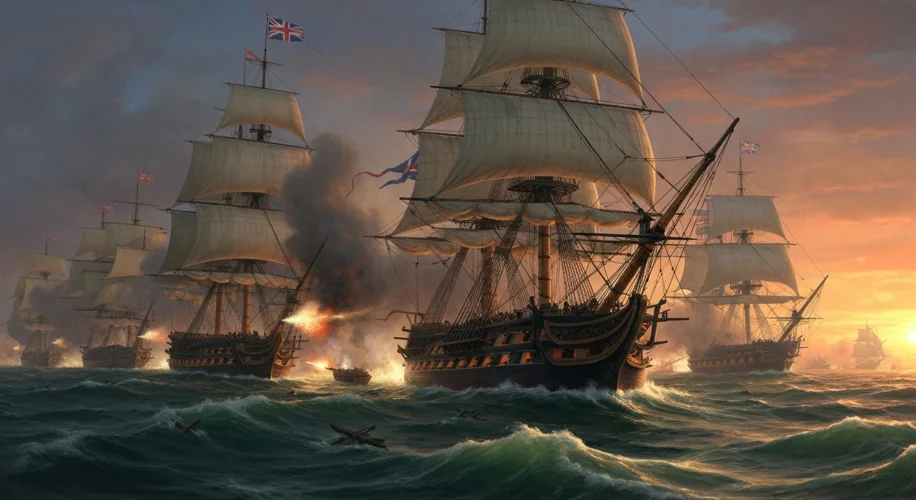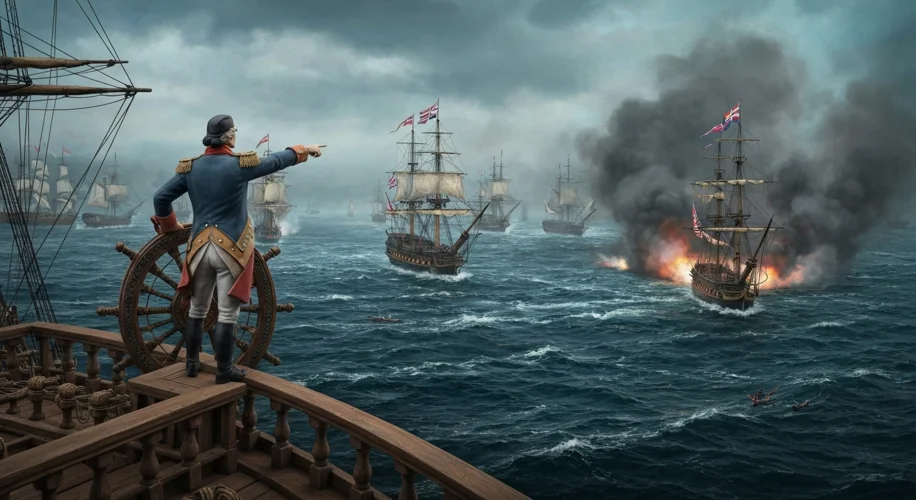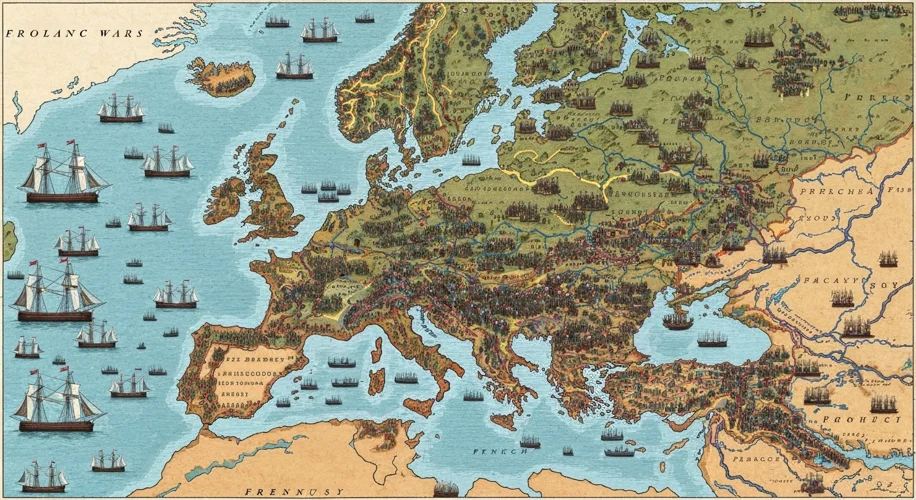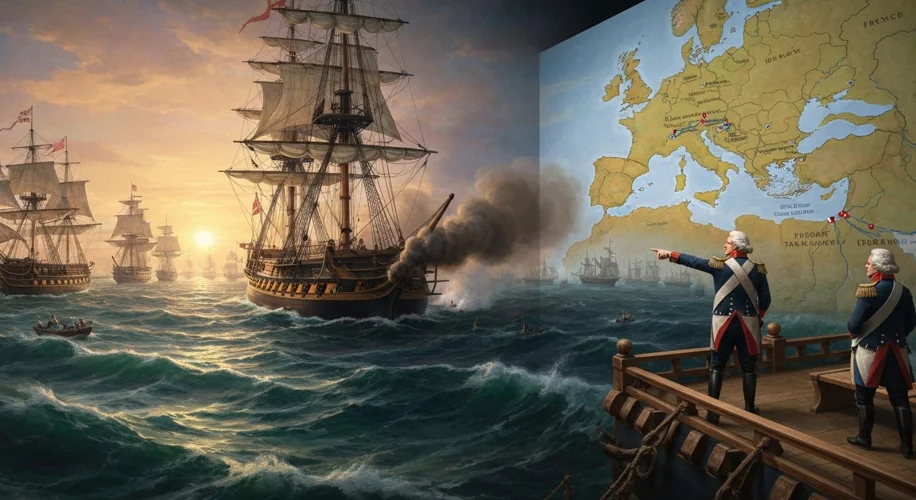Napoleon Bonaparte, a name synonymous with military genius on the battlefield, cast a long shadow across Europe. His land armies were instruments of unparalleled precision, marching from victory to victory, redrawing the maps of nations with the stroke of his pen. Yet, despite his iron grip on the continent, there was one vast expanse of blue that remained stubbornly beyond his reach: the sea.
The story of Napoleon’s inability to conquer the waves is not merely a footnote to his grand ambitions; it is a fundamental reason why his empire ultimately crumbled. It’s a tale of strategic foresight, technological prowess, and a logistical mastery that the French, for all their revolutionary zeal, could never quite match.
At the heart of this naval disparity lay Great Britain. Since the dawn of the Age of Sail, Britain had cultivated a deep and abiding relationship with the sea. Its island geography, its burgeoning trade empire, and its very identity were intertwined with its maritime strength. The Royal Navy was not just a military force; it was the lifeblood of the nation, a vast, experienced, and deeply ingrained institution.

When Napoleon rose to power in the late 18th and early 19th centuries, Britain already possessed a navy that was both numerically superior and qualitatively unmatched. Decades of near-constant naval warfare, particularly against France and Spain, had honed the skills of its sailors, officers, and shipwrights. This wasn’t a force built overnight; it was a legacy, passed down through generations.
Technologically, British ships, particularly their frigates and ships-of-the-line, were often faster, more maneuverable, and carried heavier, more advanced ordnance than their French counterparts. The design and construction of these wooden behemoths were a continuous process of refinement. British naval architects were adept at balancing speed, firepower, and seaworthiness, ensuring their vessels could operate effectively in a variety of conditions.
Logistically, the Royal Navy’s strength was in its infrastructure. Britain boasted a vast network of well-established dockyards, skilled artisans, and a seemingly endless supply of timber and other materials. This allowed them to build, repair, and maintain their fleet at a pace that the French, often hampered by the economic strains of war and a less developed industrial base, could not replicate. The provisioning of ships for long voyages was also a critical factor, with the British navy excelling in ensuring its crews were well-supplied and able to remain at sea for extended periods, maintaining a constant blockade.
The strategic implications of this naval dominance were profound. For Napoleon, the English Channel was a formidable moat, and the Royal Navy its vigilant guardian. His grand invasion plans, famously conceived to bring Britain to its knees, were repeatedly thwarted by the Royal Navy’s ability to control the seas. The most iconic moment of this struggle came at the Battle of Trafalgar in 1805. Here, Admiral Lord Nelson, despite being outnumbered in ships, employed a daring and innovative tactic that shattered the combined French and Spanish fleets. Nelson’s victory was so decisive that it effectively ended any realistic threat of a French invasion of Britain.

Beyond the direct confrontation at sea, Britain’s naval power allowed it to project influence across the globe. It could blockade French ports, cutting off trade and supplies. It could transport troops to any theater of war, as it did in the Peninsular War in Spain, tying down vast numbers of Napoleon’s forces. It could also disrupt French colonial ambitions and secure its own trade routes, further enriching the nation and funding its war efforts.
Napoleon understood this vulnerability. His Continental System, an ambitious attempt to cripple Britain economically by banning all trade with it, was a direct consequence of his inability to defeat the Royal Navy. However, this policy ultimately backfired, alienating many European nations and contributing to the widespread resentment that fueled resistance against French domination.
The legend of Napoleon’s invincibility on land was built on swift maneuvers, decisive battles, and the overwhelming force of his Grande Armée. But at sea, his ambitions were met with the unyielding resolve and superior capabilities of the Royal Navy. This stark contrast highlights a crucial, often overlooked, aspect of his reign: that even the greatest military genius can be undone by a fundamental strategic disadvantage. The waves of the ocean, guarded by the might of the Royal Navy, ultimately proved to be Napoleon’s undoing, preventing his empire from ever truly spanning the globe.

In essence, Napoleon’s land power was confined by the sea, while Britain’s sea power gave it the freedom to project its influence anywhere. The disciplined crews, the innovative designs, and the strategic brilliance of admirals like Nelson ensured that the Union Jack would fly supreme over the oceans, a testament to a naval tradition that Napoleon, for all his brilliance, could never conquer.

